Dental Emergencies in Children: What Every Parent Should Know
In this fast-paced world, where little ones are constantly on the move, accidents can occur in the blink of an eye. Whether it’s a toothache that keeps them up at night, a broken tooth from a tumble, or a knocked-out tooth during an energetic play session, knowing how to respond quickly and effectively is crucial. That’s why we’ve compiled this resource to help you with general knowledge you need to navigate dental emergencies with ease.
Remember, this blog post serves as a guide, not a substitute for professional dental care. In case of any dental emergency, it’s essential to contact a dentist immediately for an accurate diagnosis and appropriate treatment.
If you have an emergency beyond home care, please call 866-720-2809 to be immediately connected with an emergency dentist in your zip code for urgent pediatrc dental care.
Recognizing Common Pediatric Dental Emergencies
Dental emergencies can happen at any time, so it’s important for parents to be able to recognize common signs. These may include severe toothaches, knocked-out or loose teeth, broken or chipped teeth, or dental abscesses. By knowing what to look for, parents can act promptly and seek appropriate dental care for their children.
Immediate Actions for Pediatric Dental Emergencies
When faced with a dental emergency, immediate actions can make a significant difference in the outcome. For example, if a tooth is knocked out, parents should rinse it gently and try to reinsert it in the socket while seeking dental care. In cases of toothaches or injuries, cold compresses can help reduce pain and swelling. It’s crucial for parents to have a basic understanding of these immediate actions to provide temporary relief and ensure their child’s comfort before professional help arrives.
Tips for Handling Toothaches in Children
Toothaches can be particularly distressing for children, causing discomfort and difficulty in eating or sleeping. Parents should encourage their child to rinse their mouth with warm saltwater and gently floss around the affected tooth to remove any food debris. Over-the-counter pain relievers suitable for children can also be used, but it’s essential to consult a dentist for a proper diagnosis and treatment.
Dealing with Dental Trauma in Kids
Dental trauma, such as a fall or sports-related injury, can result in broken or chipped teeth. In such cases, it’s important for parents to remain calm and assess the severity of the injury. If there is bleeding, a clean cloth or gauze can be applied with gentle pressure. Any tooth fragments should be preserved in milk or saliva and taken to the dentist. Seeking immediate dental care is crucial to evaluate the extent of the trauma and provide appropriate treatment.
Steps to Take in Case of a Broken or Chipped Tooth in Children
A broken or chipped tooth requires prompt attention to prevent further damage and potential infection. Parents should carefully rinse the mouth with warm water to clean the area. If there are any sharp edges, a piece of sugarless gum or dental wax can be applied as a temporary measure to prevent injury to the soft tissues. Contacting a dentist as soon as possible is essential to evaluate the damage and determine the appropriate treatment, which may involve dental bonding or restoration.
Emergency Care for Knocked-Out Baby Teeth
When a baby tooth is knocked out prematurely, parents may wonder if immediate dental care is necessary. While baby teeth will eventually be replaced by permanent teeth, it’s still crucial to contact a dentist. The dentist can assess the situation and provide guidance to ensure the child’s oral health and prevent potential complications, such as infection or damage to neighboring teeth.
Treating Dental Abscesses in Pediatric Patients
Dental abscesses are pus-filled infections that can cause significant pain and swelling. If a child has a dental abscess, it’s important for parents to contact a dentist promptly. In the meantime, they can encourage their child to rinse their mouth with warm saltwater to alleviate discomfort. It’s essential to understand that dental abscesses require professional intervention, which may involve draining the abscess and prescribing antibiotics.
Managing Dental Emergencies during Holidays and Weekends
Dental emergencies can occur at any time, even during holidays or weekends when regular dental offices may be closed. It’s crucial for parents to be prepared by having the contact information of emergency dental clinics or on-call dentists readily available. Understanding the available options and knowing where to seek immediate dental care can help alleviate stress. Our directory provides clinics that are open 7 days a week, and we provide some special tips for finding an emergency dentist open on Saturday.
By prioritizing your child’s dental health and staying informed, you play a vital role in maintaining their overall well-being. Through your understanding of toothaches, dental trauma, broken or chipped teeth, dental abscesses, and other common emergencies, you can provide comfort, alleviate pain, and contribute to the long-term oral health of your little ones.
We encourage you to share the knowledge gained from this blog post with other parents, friends, and family members. Together, let’s spread awareness and empower fellow parents to handle dental emergencies with the same confidence and care.

